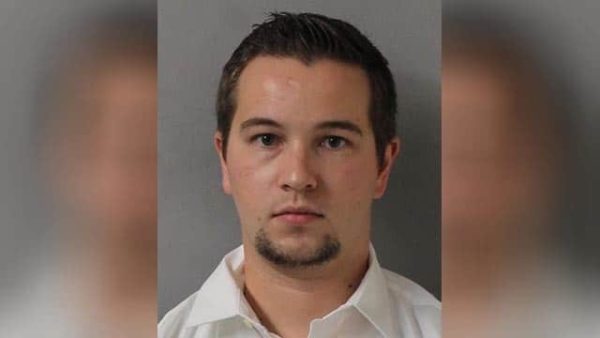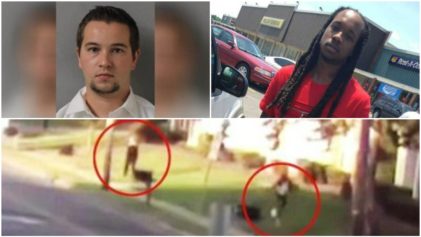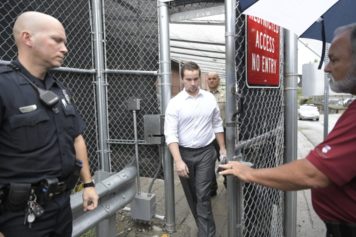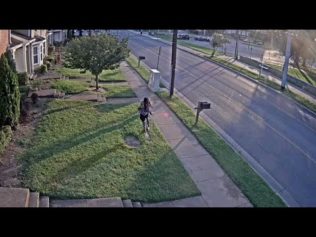A white Nashville, Tennessee, officer who was recently charged with criminal homicide in the fatal shooting of an African-American man also is facing scrutiny about his policing habits after an analysis of his traffic-stop data.
Police Officer Andrew Delke is facing a homicide charge after surveillance video showed him chasing suspect Daniel Hambrick, 25, before opening fire on the allegedly armed man as he fled a traffic stop in July. According to an affidavit, Delke was looking for a reason to stop a white sedan but mistakenly zeroed in on the wrong car, killing Hambrick without knowing if he was connected to either vehicle.

Andrew Delke’s traffic stop rate was well above those of fellow officers in many of the zones he patrolled. (Image courtesy of Metro Police)
After the charges were filed, Vanderbilt doctoral candidate Peter Vielehr analyzed more than a year’s worth of Delke’s traffic stop data, Nashville Public Radio reported. Vielehr, a sociologist, previously worked on the high-profile “Driving While Black” report, which highlights racial disparities in traffic stops made by metropolitan Nashville Police.
Activists pointed to the report as proof of racial profiling and bias, as it determined that Black drivers were being stopped far more often than white ones. There’s one limitation to the findings, however.
“We can show that there is a really substantial racial disparity between black and white drivers in Nashville,” said Vielehr. “What we can’t show is that officers are intentionally targeting black drivers.”
It was this limitation that initially made Vielehr reluctant to analyze Delke’s traffic stops. After gathering more department-wide data for comparison, however, Vielehr published the findings to his website.
It turns out Delke was above the traffic stop average of all other officers who patrolled the same zones he did. To make his determination more accurate, the sociologist said he only looked at areas of Nashville where Delke made over 10 stops, only comparing him to officers in those zones who also made 10 or more stops.
“I find that in the majority of zones that he is patrolling he is making more stops of black drivers than the average officer,” Vielehr wrote.
Between March 2017 and July 2018, Delke made a total of 510 traffic stops, according to the data. Of those, 364 were of African-American drivers and 118 were of white drivers. Moreover, the data showed Delke searched the Black drivers he stopped at nearly three times the rate of his fellow officers — 10.7 percent compared to 3.8 percent. Delke conducted 39 searches of Black drivers in all and just three searches of white drivers.
His searches turned up “hits” in 13 (33 percent) of his searches of Black drivers. The average was 26.5 percent for other officers.
“In general, Officer Delke’s traffic stops and vehicle searches paint a picture of an officer who stopped and searched Black drivers more aggressively than his peers,” Vielehr wrote.
He added, “Based on this analysis of Delke’s racial disparities in traffic stops and vehicle searches, hopefully he was flagged for early intervention with existing systems. In this case, early intervention failed and a community member needlessly died.”
Vielehr noted that keeping track of this sort of data can present an opportunity for police agencies to take necessary, corrective action.


